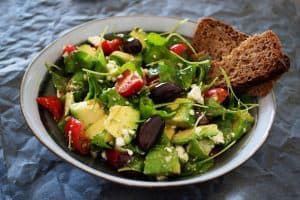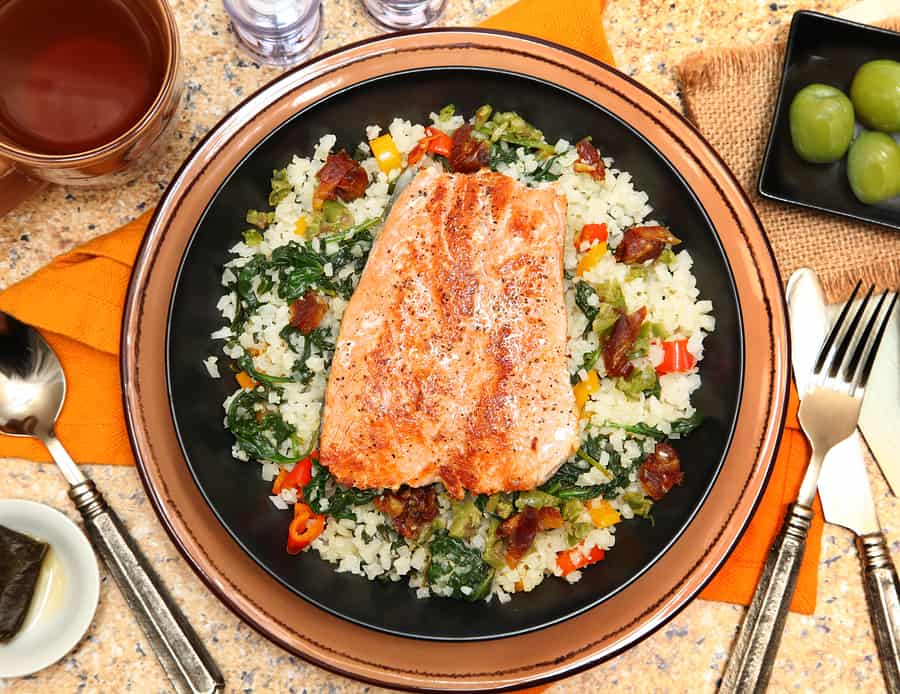
A new study published in the medical journal The BMJ shows that low carbohydrate diets cause people to burn more calories as compared to medium and high carb diets.[1]
The study showed that those who eat low carb diets may burn an extra 230 or more calories per day.
The purpose of this study was to test the Carbohydrate-Insulin Model.
This model theorizes that the increase of the hormone insulin after eating carbohydrates predisposes the body to store body fat rather than using the nutrients for energy.
Many foods high in carbohydrates such as simple sugars are known to greatly increase insulin levels. The impact these foods have on insulin can be estimated using the glycemic index and glycemic loads.
Foods with a high glycemic load will increase insulin more compared to low glycemic load foods.
The 234 participants of this study were carefully selected and given prepared meals with the goal of maintaining a 10% weight loss (that was achieved during the initial phase of the study).
Participants were then spit into 3 groups: High carb (60%), medium carb (40%), and low carb (20%) diets. Diets were maintained for 20 weeks.[2]
The low carb diet included 60% of calories from fat.
The results showed that total energy expenditure (calorie burn) was significantly greater in participants assigned to the low carbohydrate diet compared with high carbohydrate diet.
It is important to note that the caloric intake was formulated to maintain the weight loss. This means the low carb participants were eating the same number of daily calories as the other groups – but their bodies used more of the nutrients for energy, rather than storing them as body fat.
To measure calorie burn a very accurate method known as “doubly labeled water” was used.[3]
Protein intake was carefully controlled because the thermic effect of digesting protein induces extra calorie burn.

In Summary
Many individuals utilize low carb dieting techniques including the Paleo diet for weight loss and weight maintenance.
This study seems to reinforce much of the theory regarding why low carb diets such as Paleo confer benefits.
Our opinion is that controlling carbohydrate intake is a practical, effective technique for weight loss and weight maintenance.
Anecdotally we have seen many successes, but this study helps reinforce these observations with scientific evidence.
For practical steps on how to incorporate these findings into your eating, look into the Paleo diet, Whole30 diet, or LCHF (Low Carb High Fat) diets.
References
1. Cara B Ebbeling, Henry A Feldman, Gloria L Klein, Julia M W Wong, Lisa Bielak, Sarah K Steltz, Patricia K Luoto, Robert R Wolfe, William W Wong, David S Ludwig. Effects of a low carbohydrate diet on energy expenditure during weight loss maintenance: randomized trial. BMJ, 2018; k4583 DOI: 10.1136/bmj.k4583
2. Boston Children’s Hospital. “Low-carb diets cause people to burn more calories: All calories are not alike, finds largest, longest macronutrient feeding trial to date.” ScienceDaily. ScienceDaily, 14 November 2018. www.sciencedaily.com/releases/2018/11/181114120302.htm
3. David S Ludwig. The Case for a Low-Carb Diet is Stronger Than Ever Medium.com 2018.


Tim is the founder of FitAtMidlife.com – an avid gym rat for 30+ years, he’s a reviewer of many, many shoes – and founder of the Speed Bag Gathering – the world’s only gathering of speed bag punching enthusiasts. See more gym reviews at Tim’s YouTube channel.

